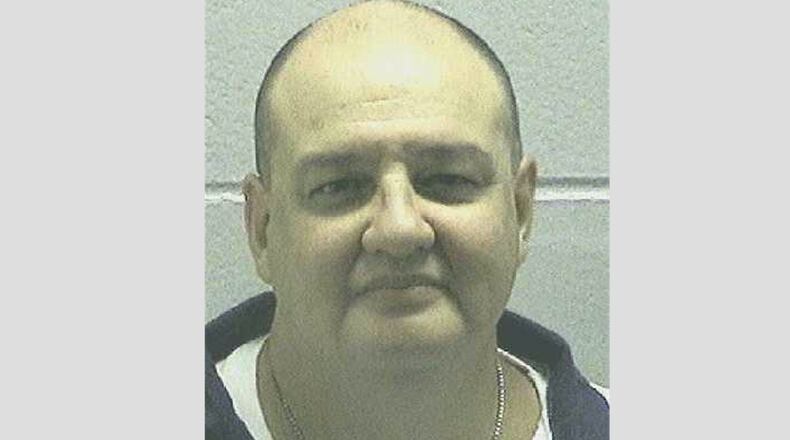The federal appeals court in Atlanta on Tuesday refused to reconsider an earlier ruling that denied a death-row inmate’s request to die by firing squad.
The request had been made by Michael Nance, who said his veins are so narrow that an attempted lethal injection execution could give him excruciating pain.
Nance was sentenced to death by a Gwinnett County jury in 2002 for fatally shooting 43-year-old Gabor Balogh when he resisted giving up his car to Nance. Nance had just robbed the Tucker Federal Savings and Loan in Lilburn and was looking for a getaway car.
By a 7-3 vote, the 11th U.S. Circuit Court of Appeals stood by its ruling in December, which said the court was barred from considering Nance’s request on procedural grounds.
Tuesday’s ruling sparked a dissent from Judge Charles Wilson, who said the court should consider Nance’s claims, given his unique medical condition.
“A prison medical technician told Nance that the execution team will have to ‘cut his neck’ to carry out lethal injection,” Wilson wrote. “During his execution, Nance will likely endure a prolonged and painful attempt to gain intravenous access.”
Even if the execution team locates a vein, there is a substantial risk Nance’s vein will lose its structural integrity and “blow,” said Wilson, who was joined by Judges Beverly Martin and Adalberto Jordan. This will cause “intensely painful burning and a prolonged execution that will feel like death by suffocation.”
Wilson noted that Nance is not seeking to avoid his execution.
“He accepts his fate,” Wilson said. “He does not ask to be spared. Nance asks only that the method by which the state will take his life falls in line with his Eighth Amendment right to be free of cruel and unusual punishment.”
In response, Chief Judge Bill Pryor, joined by Judges Kevin Newsom and Barbara Lagoa, said the court’s ruling is consistent with U.S. Supreme Court precedent.
Nance had already exhausted all the appeals that Congress allows such inmates to pursue, Pryor said. “Federal courts do not have jurisdiction to provide the remedy for every right denied.”
About the Author
The Latest
Featured



